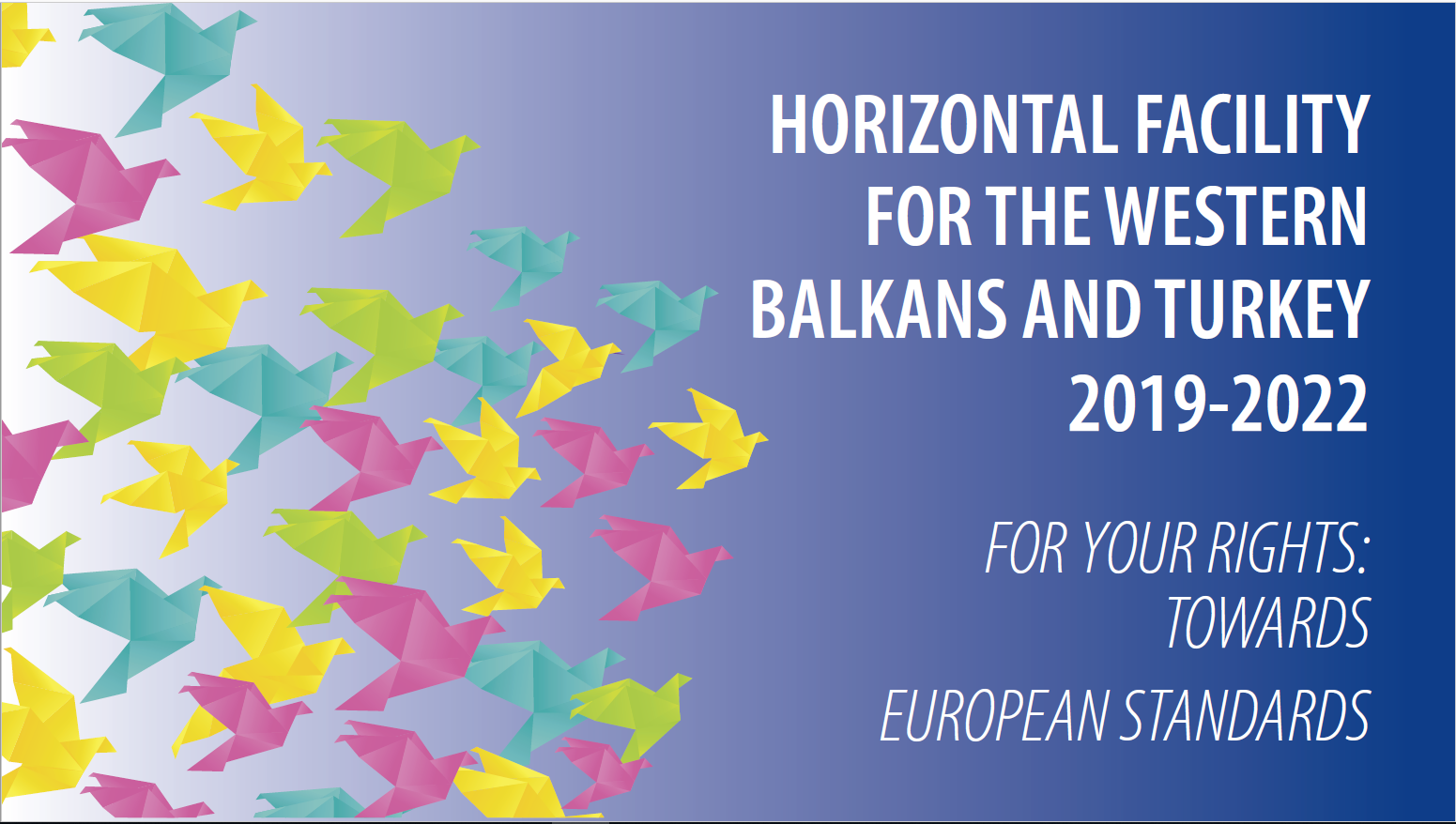The primary school “Paja Jovanović” from Vršac is one of the 59 schools participating in the joint European Union/Council of Europe action “Quality education for all” in Serbia. The recent Children’s Week provided an excellent opportunity for the primary school to organise a Democratic school day. The main goal of this day was to motivate children from different nationalities to respect each other and work together as a team.
Students and teachers promoted competences for democratic culture, valuing cultural diversity and co-operation skills, through a number of workshops and activities. For example, fourth grade students learned about democracy; third graders shared their knowledge about countries in Europe and traditions of the nationalities in their local community. Lower grades learned about children’s rights and equality through creative workshops.
A member of the city council for education visited the school and participated in a number of workshops. One of these workshops, for example, was entitled “In other people shoes” where schoolchildren had the chance to switch positions with their school principal and the city council member and discuss a variety of topics.
The action “Quality education for all” is implemented under the joint European Union/Council of Europe programme “Horizontal Facility for the Western Balkans and Turkey 2019-2022”.
Find out more about this event on the school’s website.




